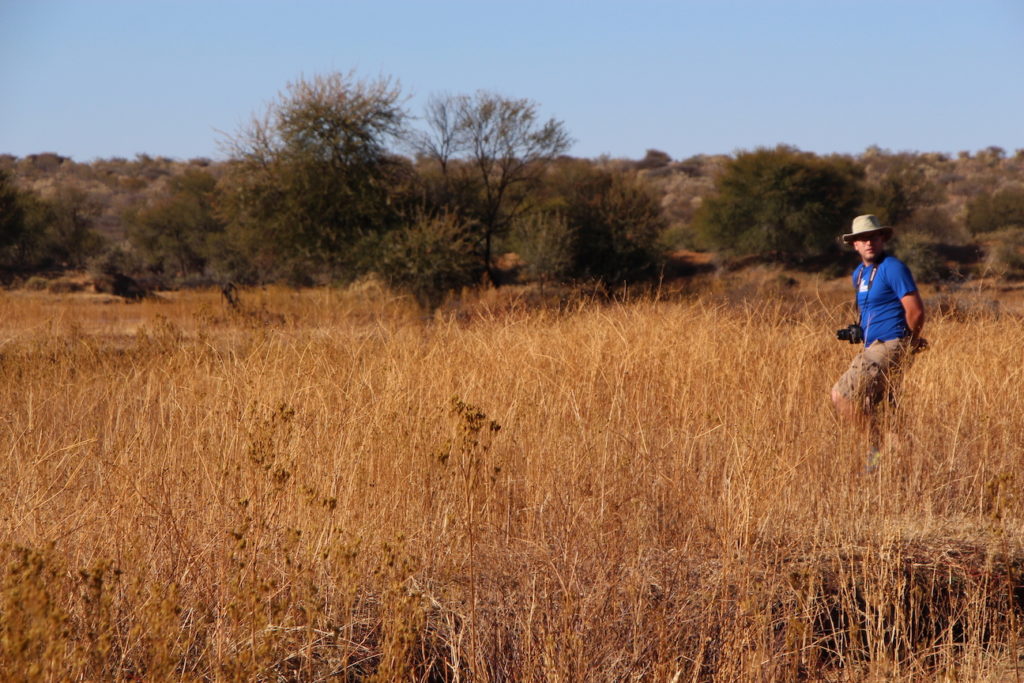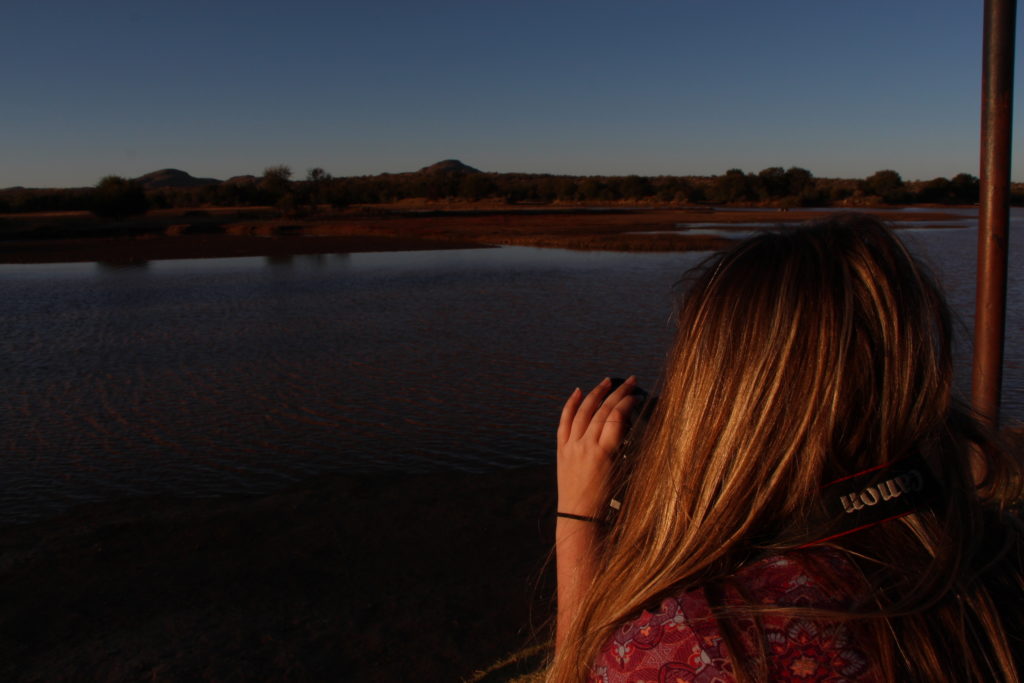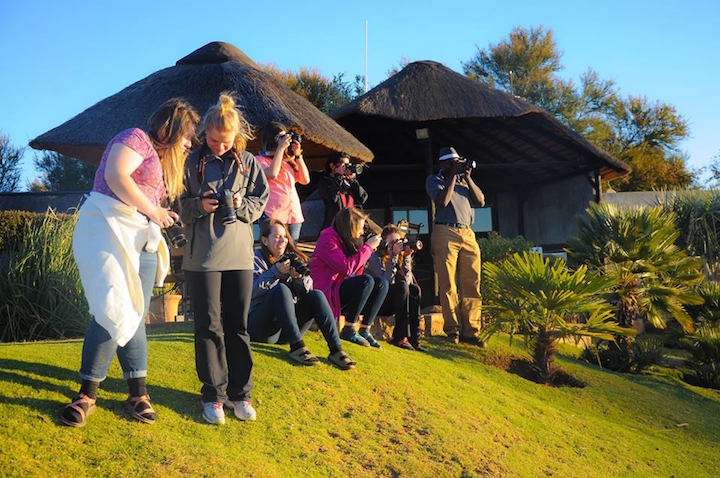Thinking back to five days ago, I walked into the classroom for our first pre-departure meeting and looked into the faces of 15 strangers. We didn’t know much about each other, besides maybe a name. Through our discussions, we shared our personal, unique backgrounds, the experiences and family histories that helped shape our characteristics. Julia’s family has lived in the same county for nine generations. Devika was born in India and came to the United States for educational opportunities. My nine-year-old great-grandmother immigrated to the United States with her family from Germany in 1912. While our differences are varied and numerous, we acknowledged our shared identities. These identities became increasingly important as we came into contact with cultures far different from those of our own.
Within the United States alone, cultural differences vary by region. I was able to observe this as we landed in Washington D.C. and trekked through the airport in search of the gate to our connecting flight. My Aggie identity was obvious as I was decked-out in Aggie maroon with the block letter logo plastered on multiple pieces of my apparel. I’m sure many travelers were also confused at our posing with a stuffed Collie dog mascot wearing a cape-like outfit. These are aspects of our Aggie culture that are difficult to understand if one is not an Aggie. The unique characteristics of the Aggie culture set us apart from other institutions, but bind our team together through shared experience.
Our arrival in Johannesburg, South Africa revealed our American identity to the travelers around us. We tended to be much louder and more enthusiastic than other travelers in our midst. We complained about the long lines in the immigration customs department, because our culture has trained us to desire immediate satisfaction. Though it is difficult to define exactly what is an American, I saw how the American culture has shaped our individual characteristics.
It is intriguing to observe how our group, though its members come from culturally different backgrounds, can be identified more by our shared characteristics than by our individual differences. We share this same type of nationalist sentiment with Namibians. There are 13 distinct ethnic groups in Namibia. Each one varies in its values, beliefs, and traditions. The San people are hunter-gatherers. The Himba women rub their bodies with red ochre and fat. The Topnaar speak the Nama language with guttural clicks. Despite these significant cultural differences, there is a strong nationalist sentiment among Namibians. A Namibian not only honors his or her ethnic culture, but is also loyal to his or her country.
Americans can learn a lot from Namibians. It is important for us to understand what makes us unique, what makes us who we are as individuals. Awareness of our family backgrounds and cultural histories shapes how we interact with those from other cultures. We should embrace the differences of one another, but it is our shared identities that tightly weave us together as a nation. Our differences are many, but our identity is one.



Awesome testimony of your perspective.